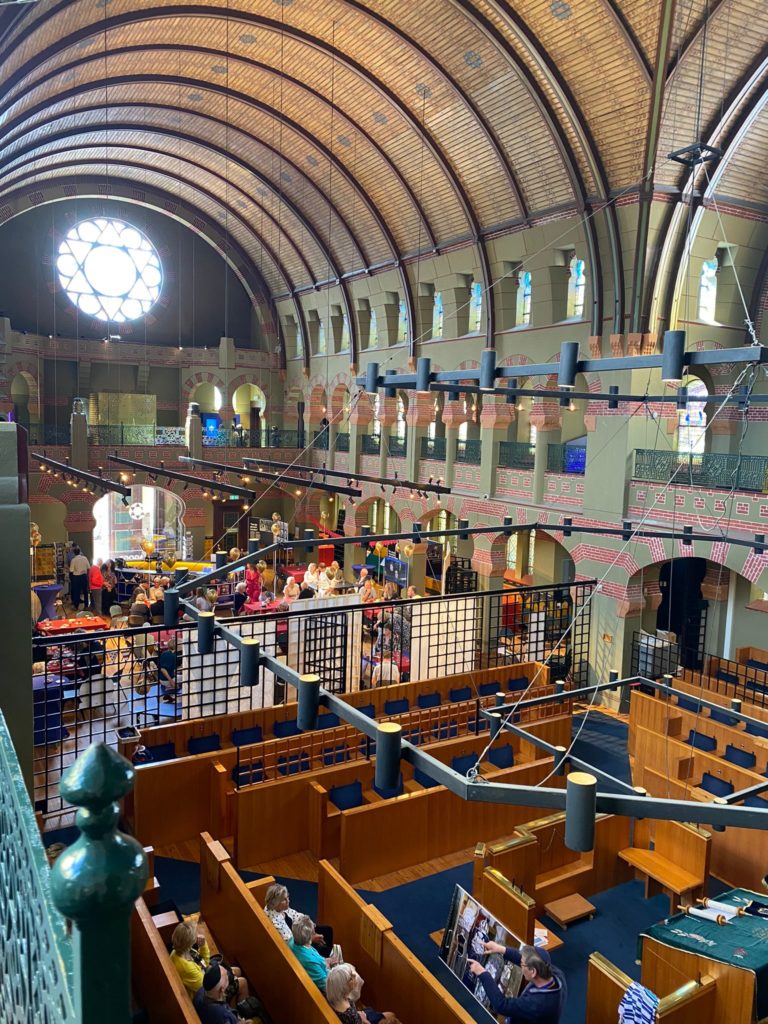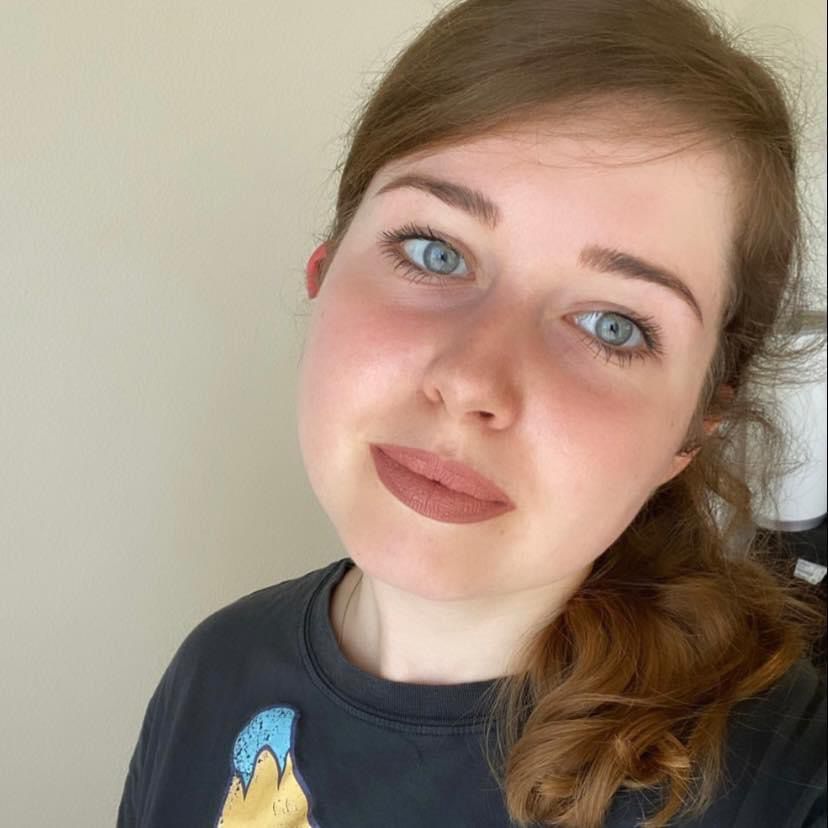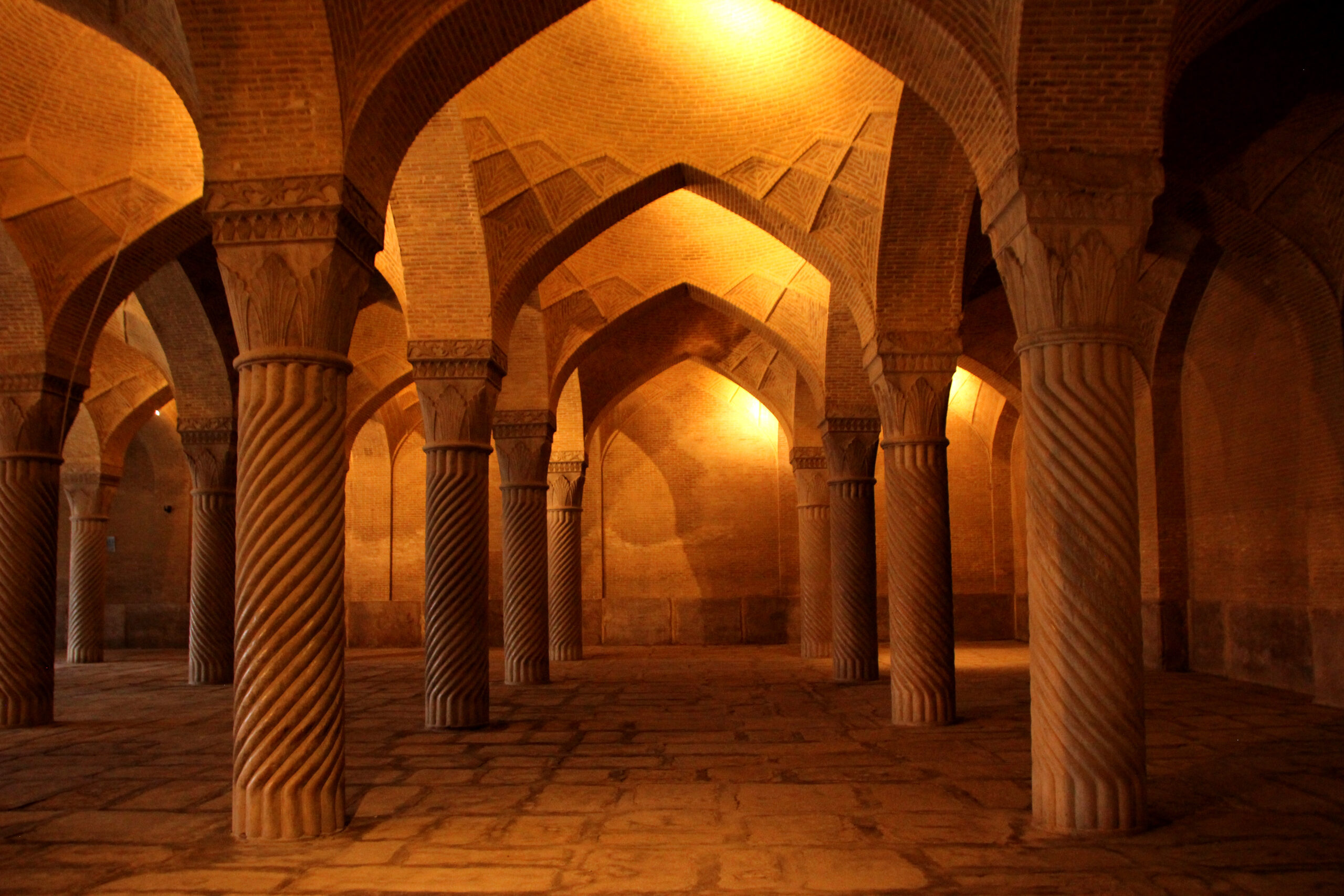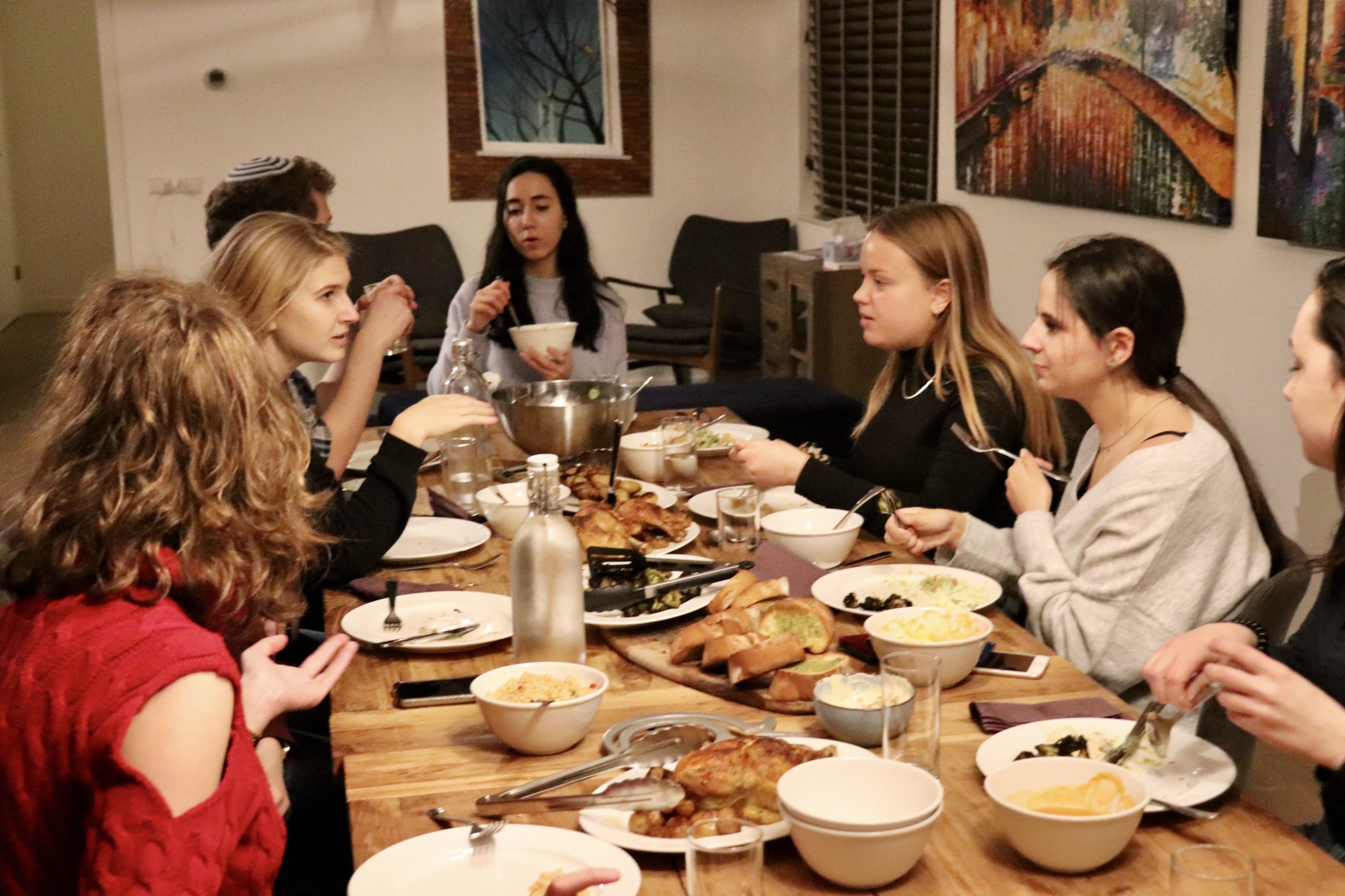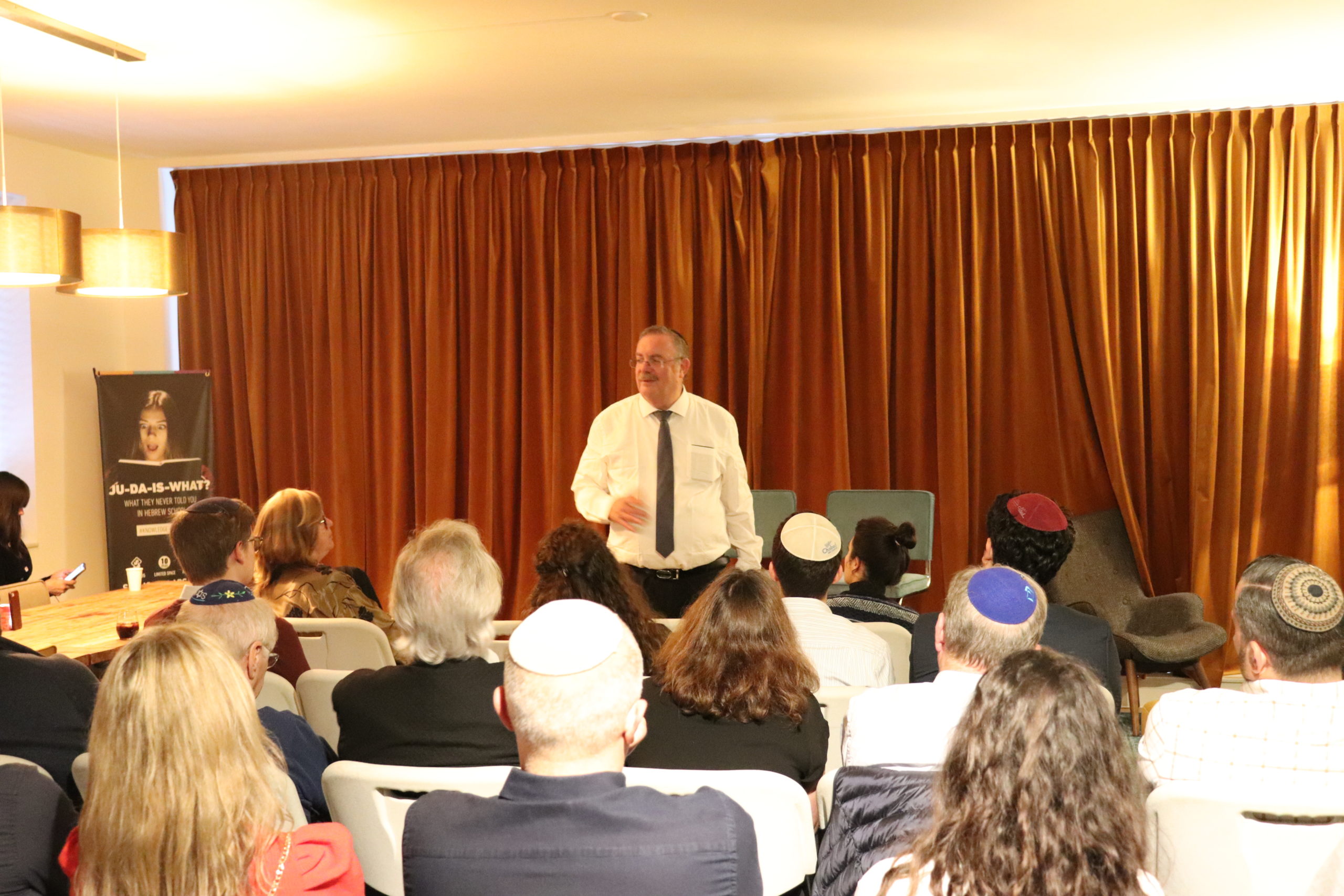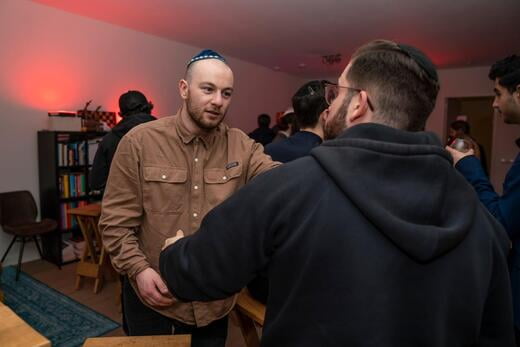Imagine it is the end of 2019 and you are telling your friends and family that you had a weird dream. In this weird dream, everybody was forced to keep distance and wear a face mask. There was no means of eating a Shabbat dinner together if you were not from one household, and you could not invite guests to any of the important holidays (or at all). Back then, most probably you would be advised not to eat so much cheese for dinner (or anything heavy that could impair your sleep) and to give up staying up late watching dystopian movies before going to sleep. Several months later, what we faced, proved that this dystopian post-apocalyptical vision from the dream was actually becoming our new reality.

Pandemics had a damaging effect on the quality of our daily life but also was particularly painful from the Jewish life perspective. Being isolated at home for the first couple of months, going to a supermarket seemed like a fun activity to do. In the Netherlands, we still could go outside and take a walk or exercise, but there were countries which were not that fortunate, for example in Poland – where I’m from – entering a forest would make you subject to a fine.
This lifestyle Is, in general, not a Jewish lifestyle. Have you ever heard of Jewish monasteries? Jewish monks? If you have not heard, I have to admit I also had not, because they do not exist. We are always a part of a community, and even in ancient times (before the Destruction of the Second Temple), the so-called Nazirite vow was valid for a fixed period of time. Nazirite Jews abstained then from grape products, haircuts, and contact with the dead.
However, they still were permitted to get married or own property, and they did not withdraw from general society. Today though, the term “nazir” usually is used in modern Hebrew to describe non-Jewish monastics. The Nazirite Jews’ example proves to us that even if we abstain from doing certain things, the sense of community, and being a part of the community is important for us.
During COVID, it was difficult or impossible to see each other outside of a Zoom window. The communities however proved to be flexible, and many of them came up with broadcasting services or they started meeting up at Zoom, Google Meet, etc. Of course, the emergency solutions brought up a debate on the use of electricity during Shabbat, because before pandemics Shabbat meant to us a break from the screens. Till today, many communities around the world keep broadcasting services of all kinds, and this makes me wonder if the emergency solutions will be there to stay or would they go?

The real challenge of post-COVID times is bringing back people together. There are different approaches to achieving this goal, and one of them is going completely offline again: Stop broadcasting, and stop organizing online events. However, following this logic, the question that comes to one’s mind is if going offline would not limit us to attending events that are only nearby? Personally, I do not think so, as I do not believe that we will wake up to everyone switching off their broadcasting at the same moment.
I think that some meetings could still be held or broadcasted online (during pandemics I managed to listen to many lectures on Judaism and other topics that I otherwise would not be able to attend). However, going offline is important for holidays and services, and for student organizations too. Only then, we can get to know each other or meet again, which is essential for our communities to flourish, and not become another WhatsApp group, mailing list, or whatever else that makes us anonymous and unknown to each other.
We can all agree on the fact that Judaism survived throughout history because it was flexible, but with this flexibility, there comes also responsibility. We did what had to be done during lockdowns, but now it is time to stop living the monk’s life! To see a change, be a part of a change: reach out to the fellow Jewish students’ organization, show up at some community event. We are there as long as WE ARE there, like in person, not on the mailing list.
Would you like to delve deeper into the subject of online community services? Visit our discussion forum!
Don’t want to miss out on offline Jewish community life? Join our events!

